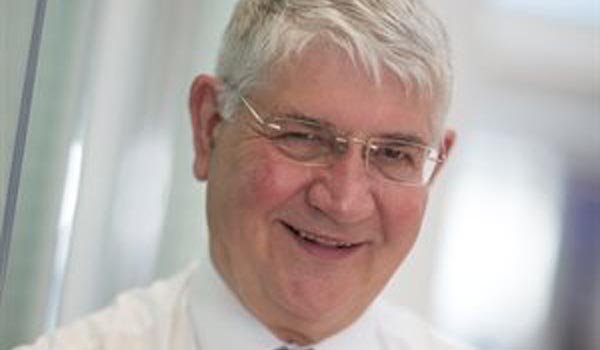Force plans to cut crime by offering drugs to heroin addicts
Addicts in Durham could be supplied with heroin under new plans to tackle drug-related crime.
Addicts in Durham could be supplied with heroin under new plans to tackle drug-related crime. Durham Constabulary intends to become the first force in England and Wales to offer a form of pharmaceutical heroin called diamorphine to serious addicts. The scheme, dubbed the Heroin-Assisted Treatment (HAT) service, will allow users to inject twice a day in specialist facilities under strict supervision. A similar programme has already received the green light in Glasgow after being approved by the citys Joint Integration Board last October. Durham Constabularys Chief Constable Mike Barton said that people need to get over the moral panic associated with drug use. He added: Our primary concern is to prevent crime. If weve got people who are addicted to Class A drugs committing crime, it makes good sense to get that person off drugs. Addiction is a medical problem, not a criminal justice problem. HAT-style services already exist in many European countries after being pioneered in Switzerland in 1994. Last year, the Governments Advisory Council on the Misuse of Drugs recommended introducing HAT facilities in response to a 64 per cent rise in deaths from heroin between 2012 and 2015. Supplying addicts with methadone the standard GP-administered treatment costs roughly £5,000 per person per year, a third of the cost of supervised heroin treatment. However, Durham Constabulary believes the programme will save money in the long run, and has asked local public health providers to suggest options for how the programme might best be run. It will also not supply heroin to each of the estimated 2,000 addicts in the area and will only work with prolific offenders. The force already does not seek to prosecute offenders for personal use of Cannabis or small-scale production of the drug. Both Mr Barton and police and crime commissioner Ron Hogg have previously backed decriminalising cannabis use. Mr Hogg was unclear on when exactly the programme will start but said something could be in place by the end of the year. He said: The aim of the initiative is to save the lives of addicts, shut down drug dealers and reduce acquisitive crime. Instead of stealing in order to fund their habit, and money flowing the organised crime gangs, addicts will be helped to recover. The costs associated with it would be saved through reduced costs in the longer term to the courts, prisons, the police, and wider society.


